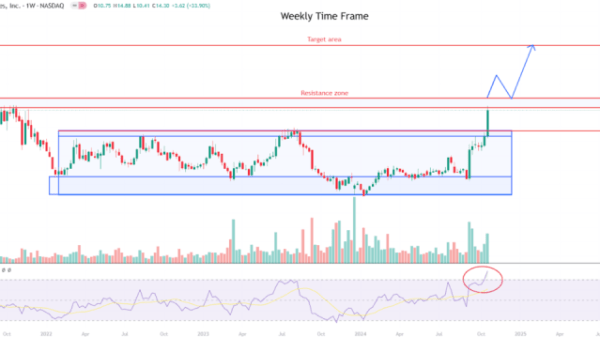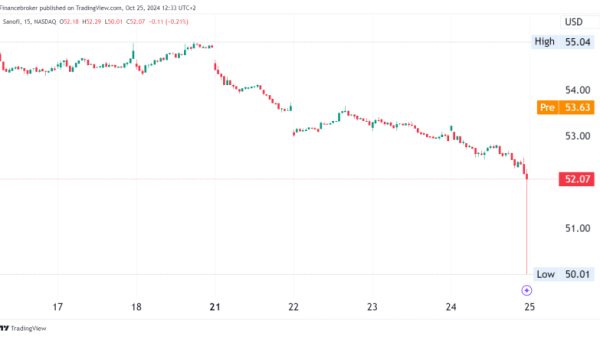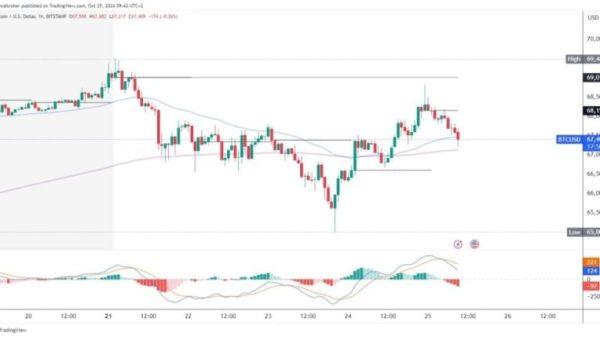Investing.com — Bear markets, characterized by a decline of more than 20% in the S&P 500 Index, are often viewed with apprehension by investors, but they offer valuable lessons about market behavior and portfolio management.
As per analysts at UBS Financial Services, bear markets are an inevitable part of the investment landscape, not something to be feared or avoided.
Instead, investors should study bear markets to understand how they function and develop strategies to navigate the volatility they bring.
One of the first takeaways from UBS’s note is that bear markets, while disruptive, are relatively rare.
Since 1945, the markets have spent around 31% of the time in a bear market.
By contrast, the majority of market activity—66% of the time—has been spent at or near all-time highs.
This suggests that, while bear markets do occur, they are temporary phases in a much longer upward trajectory for stocks.
“On average, bear markets happen once every 7 years,” the analysts said, meaning that long-term investors are likely to experience several during their investment lifetime.
In addition, bear markets tend to last only a short time. The average bear market decline lasts about a year, and full recovery to previous market levels usually occurs within two to three years.
“By contrast, bull markets last an average of 10 years (from peak to peak), and some have persisted for decades,” the analysts said.
Although bear markets may be sharp and severe, their short duration highlights the importance of maintaining a long-term view rather than panicking during periods of heightened volatility.
UBS analysts also emphasize that bear markets are painful but not necessarily dangerous unless investors react impulsively by selling off their assets.
Historically, the S&P 500 has seen average declines of 31% during bear markets, and it can take several years for the markets to recover fully.
However, selling during a market downturn locks in losses that would otherwise be temporary, a mistake that many investors make due to fear or the desire to minimize short-term losses.
This kind of behavior increases the risk of depleting portfolios prematurely and can undermine long-term financial success.
Investors who remain committed to their strategies, however, can take advantage of bear markets. Investors can benefit from contributing to their portfolios during bear markets by turning the sequence of returns risk into an advantage.
By continuing to invest when prices are lower, investors position themselves to benefit when the market rebounds, enhancing their portfolio’s growth potential over time.



































